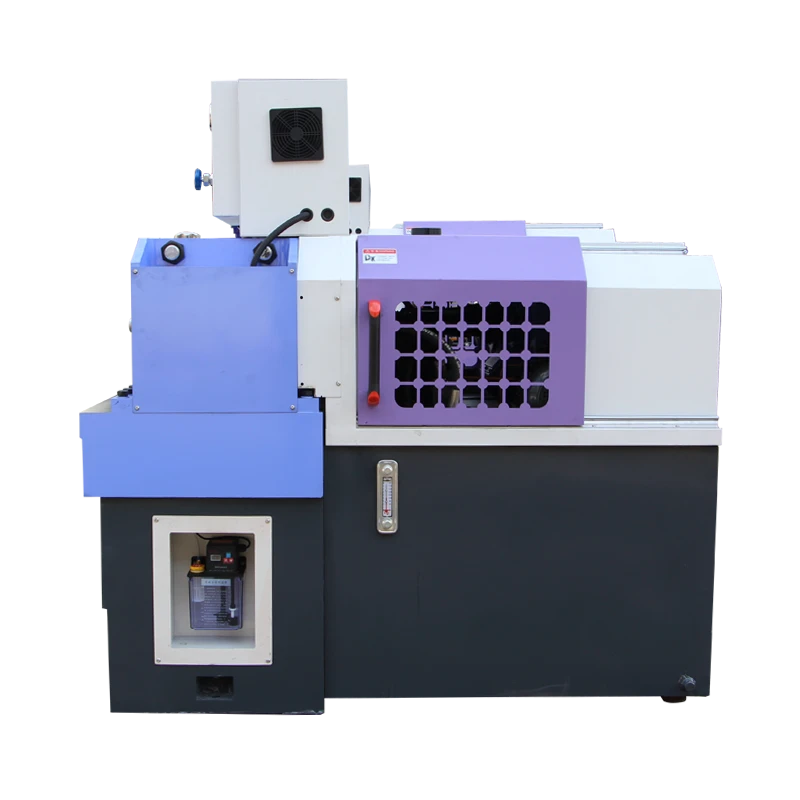
-
 Afrikaans
Afrikaans -
 Albanian
Albanian -
 Amharic
Amharic -
 Arabic
Arabic -
 Armenian
Armenian -
 Azerbaijani
Azerbaijani -
 Basque
Basque -
 Belarusian
Belarusian -
 Bengali
Bengali -
 Bosnian
Bosnian -
 Bulgarian
Bulgarian -
 Catalan
Catalan -
 Cebuano
Cebuano -
 Corsican
Corsican -
 Croatian
Croatian -
 Czech
Czech -
 Danish
Danish -
 Dutch
Dutch -
 English
English -
 Esperanto
Esperanto -
 Estonian
Estonian -
 Finnish
Finnish -
 French
French -
 Frisian
Frisian -
 Galician
Galician -
 Georgian
Georgian -
 German
German -
 Greek
Greek -
 Gujarati
Gujarati -
 Haitian Creole
Haitian Creole -
 hausa
hausa -
 hawaiian
hawaiian -
 Hebrew
Hebrew -
 Hindi
Hindi -
 Miao
Miao -
 Hungarian
Hungarian -
 Icelandic
Icelandic -
 igbo
igbo -
 Indonesian
Indonesian -
 irish
irish -
 Italian
Italian -
 Japanese
Japanese -
 Javanese
Javanese -
 Kannada
Kannada -
 kazakh
kazakh -
 Khmer
Khmer -
 Rwandese
Rwandese -
 Korean
Korean -
 Kurdish
Kurdish -
 Kyrgyz
Kyrgyz -
 Lao
Lao -
 Latin
Latin -
 Latvian
Latvian -
 Lithuanian
Lithuanian -
 Luxembourgish
Luxembourgish -
 Macedonian
Macedonian -
 Malgashi
Malgashi -
 Malay
Malay -
 Malayalam
Malayalam -
 Maltese
Maltese -
 Maori
Maori -
 Marathi
Marathi -
 Mongolian
Mongolian -
 Myanmar
Myanmar -
 Nepali
Nepali -
 Norwegian
Norwegian -
 Norwegian
Norwegian -
 Occitan
Occitan -
 Pashto
Pashto -
 Persian
Persian -
 Polish
Polish -
 Portuguese
Portuguese -
 Punjabi
Punjabi -
 Romanian
Romanian -
 Russian
Russian -
 Samoan
Samoan -
 Scottish Gaelic
Scottish Gaelic -
 Serbian
Serbian -
 Sesotho
Sesotho -
 Shona
Shona -
 Sindhi
Sindhi -
 Sinhala
Sinhala -
 Slovak
Slovak -
 Slovenian
Slovenian -
 Somali
Somali -
 Spanish
Spanish -
 Sundanese
Sundanese -
 Swahili
Swahili -
 Swedish
Swedish -
 Tagalog
Tagalog -
 Tajik
Tajik -
 Tamil
Tamil -
 Tatar
Tatar -
 Telugu
Telugu -
 Thai
Thai -
 Turkish
Turkish -
 Turkmen
Turkmen -
 Ukrainian
Ukrainian -
 Urdu
Urdu -
 Uighur
Uighur -
 Uzbek
Uzbek -
 Vietnamese
Vietnamese -
 Welsh
Welsh -
 Bantu
Bantu -
 Yiddish
Yiddish -
 Yoruba
Yoruba -
 Zulu
Zulu
thread rolling machine
The Thread Rolling Machine A Key Component in Modern Manufacturing
In the world of manufacturing, efficiency and precision are paramount. One of the tools that have significantly enhanced production capabilities is the thread rolling machine. This machine is designed for the mass production of threaded fasteners and components, and it is an essential piece of equipment in various industries, including automotive, aerospace, and general engineering.
What is a Thread Rolling Machine?
A thread rolling machine is a device that forms threads on the surface of metal rods or other materials through a process known as cold forming. Unlike traditional machining processes, which involve cutting away material to create threads, thread rolling works by displacing material to create the desired shape. This method enhances material properties and significantly increases production speed while reducing waste.
The Working Principle
The operation of a thread rolling machine revolves around two or more hardened and specially shaped rolls that apply pressure to the workpiece. As the workpiece is fed between the rolls, the threads are formed by the deformation of the material. This process can produce various thread types, such as external and internal threads, in a continuous operation.
One of the key benefits of the rolling process is that it generates a surface with a high degree of accuracy and a fine finish. Additionally, the cold forming process improves the grain structure and overall strength of the material, making the finished product more robust and resilient compared to those produced through machining.
Advantages of Thread Rolling Machines
1. Efficiency Thread rolling machines can produce threaded components at a significantly faster rate than traditional methods. With the capability to create threads continuously, these machines can operate at high speeds, increasing overall productivity.
thread rolling machine

2. Cost-Effectiveness By utilizing a process that minimizes material waste and requires less energy, thread rolling machines can substantially lower production costs. The increase in yield and reduction of raw material loss make them a cost-effective choice for manufacturers.
3. Enhanced Material Properties The cold working process involved in thread rolling improves material strength and hardness. This enhancement results in threads that are less prone to stripping and failure, which is crucial in high-stress applications.
4. Versatility Thread rolling machines can accommodate various sizes and types of materials. From small screws to large bolts, they can be adjusted to produce varied thread profiles and dimensions, making them versatile tools for different manufacturing needs.
5. Quality Consistency Automation in thread rolling machines ensures that each component produced meets stringent quality standards. This consistency is vital in industries where reliability is critical, such as in the production of aircraft components and automotive parts.
Applications of Thread Rolling Machines
The applications of thread rolling machines are vast and varied. In the automotive industry, they are used to produce bolts, nuts, and screws that are essential for vehicle assembly. The aerospace sector benefits from thread rolling for high-strength fasteners required to withstand extreme conditions.
Moreover, these machines are utilized in the production of industrial equipment, construction materials, and even household appliances. As industries continue to evolve, the demand for precise and efficient threaded components remains high, solidifying the thread rolling machine's place in modern manufacturing processes.
Conclusion
The thread rolling machine represents a critical advancement in manufacturing technology. By enhancing production efficiency, improving material properties, and ensuring high-quality output, these machines contribute significantly to various industries. As manufacturing demands continue to grow, the importance of thread rolling machines will only expand, making them indispensable in modern production environments. With their ability to produce strong, precise threads quickly and economically, they are indeed a cornerstone of effective manufacturing solutions.
